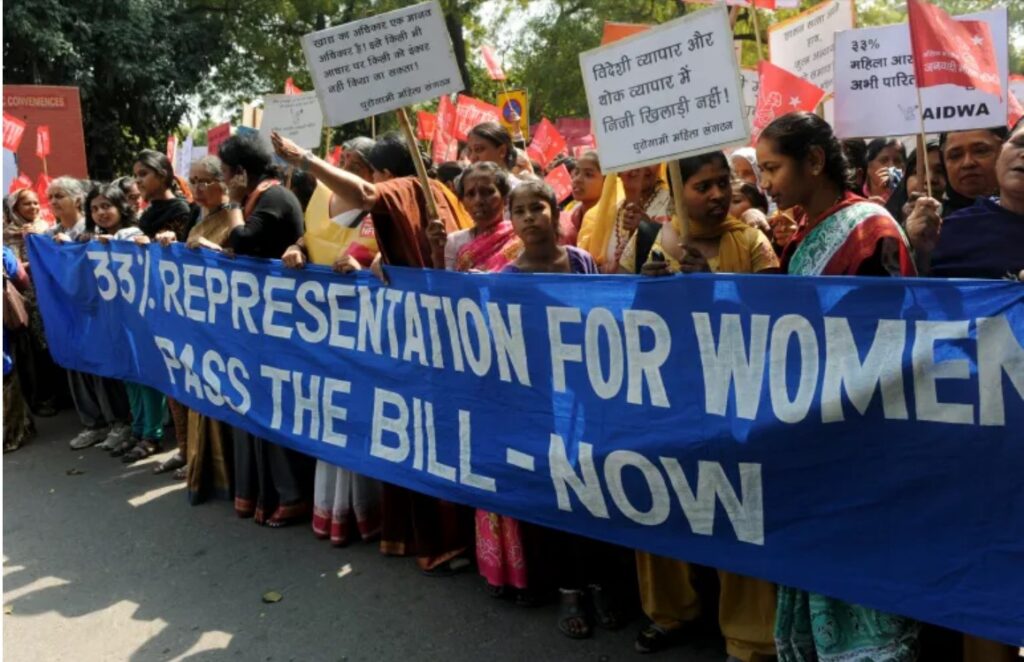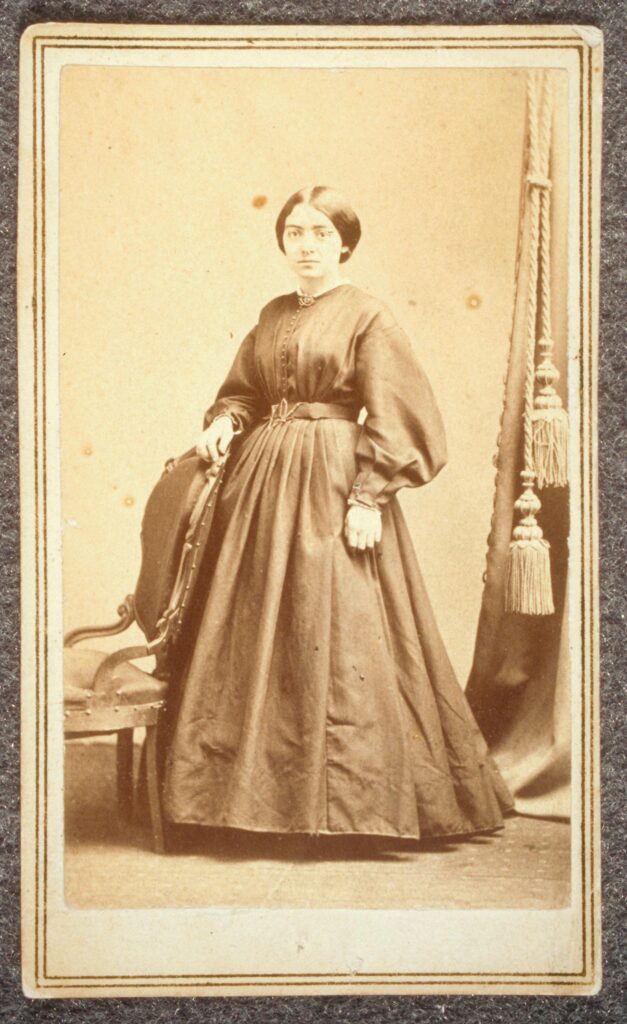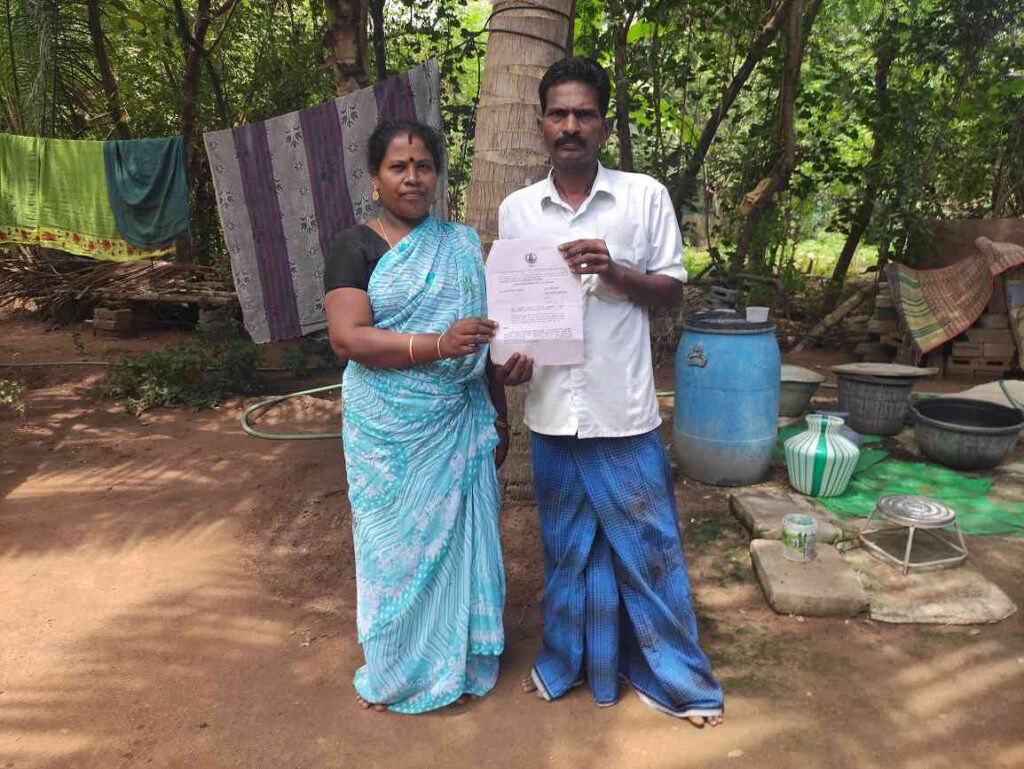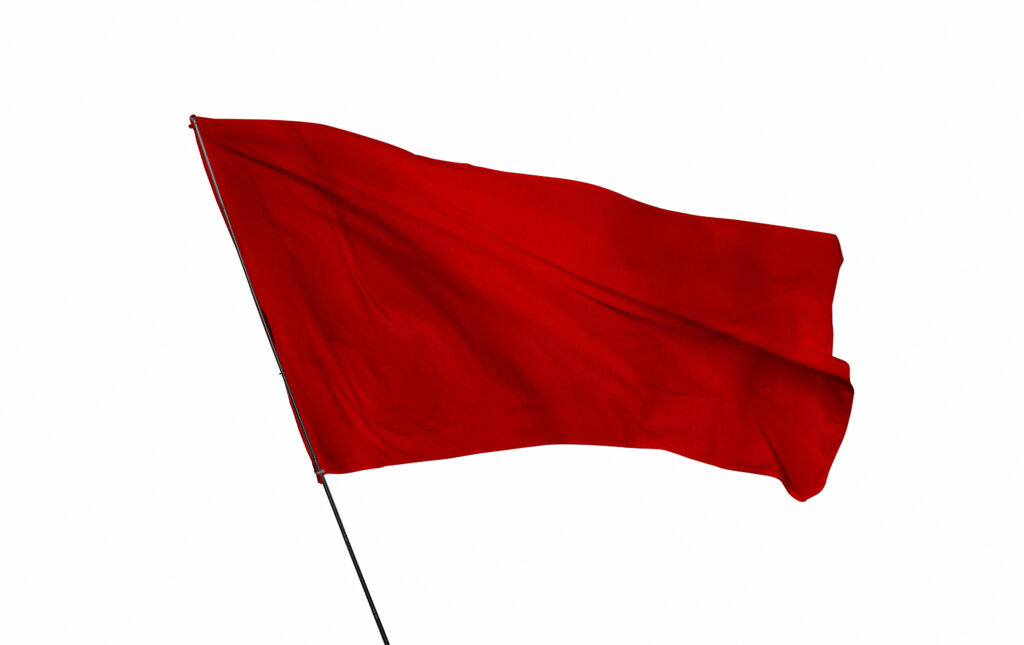Because the political agendas of women are thought to lead to investment in child health and education, which have positive long-term consequences on growth. Alleviating deprivation and inequality in the political realm can thus have far reaching consequences, not only for women, but for everyone.
-Amartya Sen in his “Development as Freedom”.
I was witness to few men debating about how it is not necessary for women to have representation in politics. This statement was contradicted by another, stating that developed nations like the USA to date don’t have maternity leave policies and that is majorly because they have never had any female president to date. To which the other man said that “Women don’t need maternity leave”.
This got me thinking about how educated youngsters are unable to understand the significance of representation and I believe there are many reasons for this. The failure of many governments or non-political groups, and non-inclusion in the textbooks about the history of struggle to formalize the reservation.
It is a necessity as we all benefit from even today, e.g., the application forms we buy at a subsidized rate for education or even apply for jobs in government or public sector, scholarships, college fee concession, schemes like concession in fee for first graduates are all outcomes of representation.
The above conversation is proof enough and signifies the fact that we need representations. Dr Ambedkar in his States and Minorities mentioned how ‘Gender Equality’ is another important aspect that he held. For him, women of the community shall be subjected to progress only then, a whole community becomes progressive. He has reflected his major concern for women of society, not only Dalits but also elites, in areas concerning inheritance and divorce in his proposed, ‘The Hindu Code Bill’ approaching gender equality.
While Dr Ambedkar placed social and economic equality alongside political and civic equality, in contrast to the use of these principles in the French and American Declarations, though equality and non-discrimination are clearly at the center of his conceptual framework of human rights, the contribution of Savita Ambedkar deserves to have its own light on the stage as well.

Savita Ambedkar in her book “Babasaheb: My Life with Dr Ambedkar”, mentioned how being a woman it was natural for her to understand a woman’s mind. She and Dr Ambedkar have had long discussions on the Hindu Code Bill. She was always a vigorous supporter of women’s independence. While the work of the Hindu Code Bill was in progress, she would put forth her opinions with great ardour. She understood the torment that women were subjected to especially the helpless women, abandoned by their husbands, who suffered in their in-law’s house, often in their own mother’s house too.
She would lay emphasis on the two issues of alimony for divorced women and equal property rights for them. She would insist that the Hindu Code Bill should make provisions for matters such as equal rights, equal distribution of property and prohibition of bigamy. This was how the Hindu Code Bill was the outcome of continuous discussions between both Dr. Ambedkar and Savita Ambedkar.
Hence, we need representation as the term intersectionality is only heard amongst Dalits, Queers and Women, unfortunately not men. The past is evidence enough to show that Dalit, Women and Queer had to fight hard to exercise the rights that they have today.
Be it the feminist wave by the elite White women or the women’s rights movement by the Left-wing women like Clara Zetkin, Alexandra Kollontai, or Rosa Luxemburg, gave a new and broadened perspective to women on what to fight for. It was Alexandra Kollontai, who established a women’s department within the Communist Party in the midst of pushback from her own party members. Alexandra was instrumental in the development of policies related to maternity leave. She advocated for paid leave for new mothers and argued that women should not be forced to choose between motherhood and work. She believed that women should have access to education and training, and she worked to establish educational programs specifically.

She pushed women towards fighting for voting rights for all genders, utilization of their labour into productive work, paid work, nation-building, social welfare, and self-love. Yes, Alexandra Kollontai promoted women to have spare time for book reading, watching movies or entertainment and love. These women not only were intersectional towards Queer but also included the welfare of children. In India, the huge Dalit politics or liberation of Dalit women has been in the foreground for years now.
It was these women who uplifted not only women but also children, their education and the entire working class. They have brought in maternity paid leave, education and training, childcare facilities, healthcare, pre-natal clinics, abortion and divorce rights.
It is also proven that when a woman becomes an IPS officer and is in charge of a place, the rate of crime against women and children there reduces. She ensures to take swift actions not only from a tactical standpoint rather also strategically. Similarly, a Dalit IAS or IPS officer doesn’t see caste conflicts as mere law and order issues, rather they understand the social and economic background of the conflict. They can address it accordingly.
Likewise, when women came into power or a Dalit or a Queer person, or representatives of marginalized or oppressed communities came to power, they did not think only of their community or gender. They have thought of the welfare of the people, the economic development of the country, the reduction of the crime rate and the restoration of peace.
As per an article in Forbes titled “Women Leaders Have Shone During the Pandemic: Men, Take Note”, an analysis of 122 speeches showed men used war analogies and fear-based tactics more often.
In contrast, Jacinda Ardern in New Zealand, Angela Merkel in Germany, and other female leaders in Finland, Iceland, Denmark, Norway, and Taiwan focused on families, children, and vulnerable groups with messages of compassion and social cohesion. A US analysis even indicated States with female governors had fewer Covid-related deaths than those with male governors.

We are not much better In India. As of June 2000, women represented 13.8% of all parliament members, up from 9% in 1987. We should have representation in proportion to the distribution of the population across caste, gender, ability etc., to enable the equal development, upliftment, and progression of people.
If it was not for the likes of Dr B.R. Ambedkar, Savita Ambedkar, Jyotiba Phule, Savitri Bai Phule, Rettaimalai Srinivasan, Sathyavani Muthu, the Dalit uprising, upliftment, organization and enlightenment might have not happened. The laws like The Protection of Civil Rights Act 1976 and The Scheduled Castes and Scheduled Tribes (Prevention of Atrocities) Act 1989 could have not been even tabled like “The Hindu Code Bill”.
The perspective that women brought to the table has been massive.
Here is the real-life story of Mary Putnam Jacobi, MD who was the first woman admitted to France’s Ecole de Medicine. She broke the theory of Edward Clarke, MD, professor at Harvard quoting from his book “Sex in Education; or, A Fair Chance for Girls” published in 1873. He concludes in the book that a woman’s physical health and brain cannot function at the same moment and if she gets an education it will result in the failure of her reproductive organs. Therefore, educating women is dangerous.
Jacobi challenged Clarke’s thinly veiled justification for discrimination with 232 pages of hard numbers, charts, and analysis. She gathered survey results covering a woman’s menstrual cycle, length, daily exercise, and education along with physiological indicators like pulse, rectal temperature, and ounces of urine. Her scientific method-supported mic drop: “There is nothing in the nature of menstruation to imply the necessity, or even the desirability, of rest.”

If women suffered from consumption, scrofula, anaemia, and neuralgia, it wasn’t because they studied too hard. Her report won the Boylston Prize at Harvard University.
The significance of the presence of Mary Putnam Jacobi and her being educated was that she enabled herself to represent the fact backed by science, in the argument over who was allowed education and to have science by your side is hugely important. Jacobi also helped found the Women’s Medical Association of New York City in 1872, opened New York Infirmary’s Children’s Ward and became the Academy of Medicines’ first female member.
Another such example is the injustice inflicted on widows in our country – is boundless. Widows have been treated with cruelty right from the Sangam period which is praised as the golden age of the Tamils. In Purananuru, many verses describe the pitiful state of a newly widowed woman who must shave her head and remove her bangles (Verses 250, 237, 238, 253, 254). Manusmriti lays down the rules on what a widow can and cannot do (Verses 5.157, 5.158, 5.164) to quote a few, which describes how she cannot think of another man and must always adhere to her husband.
The Constitution declares in Article 39-A that the State is bound to protect the right to adequate livelihood of Indian citizens regardless of gender. But only after Indira Gandhi became prime minister, the Constitution was amended in 1976, introducing fundamental duties. In Article 51-A (c), it is declared that “All practices that are offensive to women’s dignity must be abjured”.
The lawsuit of K. Kalaiselvi vs. Chennai Port Trust, 2013(2) CTC 400 = 2013(3) MLJ 493 pushed the Union government to recognize the adoptive mother as a real mother and provision for six months of pregnancy leave to government servants to bear children through surrogacy.
Another influential story is that of D. Pothumallee – reference D. Pothumallee vs. District Collector, Thiruvarur, 2010 (5) MLJ 46. Article 47 of the Constitution declares that it is the duty of the State to ensure the health of its citizens by providing them with nutritious food. When M.G. Ramachandran was chief minister, three posts were created at each noon meal center, a noon meal organizer, a cook and an assistant. In the Government Order issued in 1997, a condition was imposed that the women selected for these posts should live within one kilometer of the village where the center was located.

While nearly one lakh posts were created in noon meal centers throughout Tamil Nadu, no reservation was made for women belonging to the Scheduled Castes. Moreover, because of the one-kilometer rule, Dalit women could not apply for the post, since Dalit neighbourhoods were outside village limits, these women were excluded from appointments. Pothumallee filed a writ petition. She called out that the principles of social justice were not followed in filing the posts in the noon meal centers and that reservation must be implemented while appointing persons to these posts. Pothumallee’s fight made Kalaignar Karunanidhi implement the court’s judgement. Pothumallee’s fight resulted in the creation of an opportunity for nearly 25,000 Dalit women to be appointed by reservation.
End of the day, we all are citizens of this world just like men, then why is it that we the women, the Dalits, the queers, and the demands of differently-abled people are always questioned for validity and authenticity? We have our stories to tell and to do so we need to reclaim our spaces in policy-making, bureaucracy, art, education, healthcare and science.
So should be the legislations or bills in parliaments across the world be passed, they should be drafted by the right people, sought for an opinion from the specific demographic to which it serves, debated, and then only passed rather than in haste or serving the supremacists. Because authoritarianism is Fascism. Denial of representation is a denial of the right to participation and thus denial of inclusivity.
When the oppressed come to power they work towards building a better future for all and move towards development. As Clara Zetkin says, “The proletarian woman fights hand in hand with the man of her class against capitalist society.” “When the men are silent, it is our duty to raise our voices on behalf of our ideals.” “When the men kill, it is up to us women to fight for the preservation of life.”
References:
• States and Minorities by Dr B.R. Ambedkar
• Babasaheb: My life with Dr Ambedkar by Savita Ambedkar
• Headstrong: 52 Women Who Changed Science and the World by Rachel Swaby
• Listen to my case by Justice K Chandru
About the author
Kavitha Pandian

Kavitha Pandian is working in an IT company in the USA as a practice manager. She runs many initiatives including the Save Tamilnadu Farmer, Our Village Our Responsibility, and Adopt a Village and extends financial support and scholarship to underprivileged children for education, and betterment of rural life and has supported the people of Tamil Nadu during major natural disasters including Gaja and Covid. She has received many awards including ‘The Women Achievers Award’ by FeTNA, USA, in 2022. She also was felicitated by the District Collector, Virudhunagar during the 75th Independence Day celebrations, 2022, for her work towards infrastructure.



